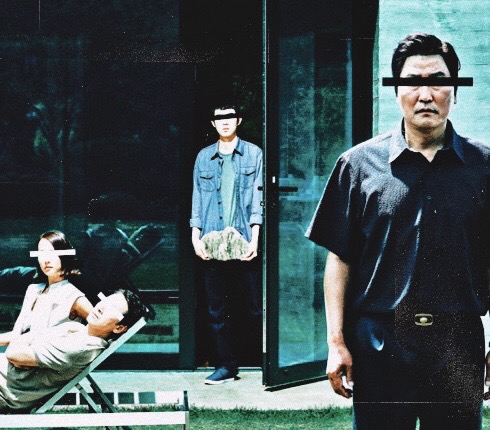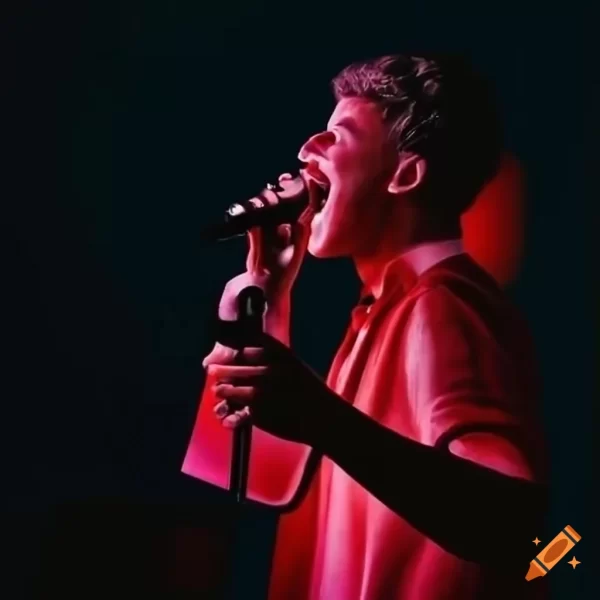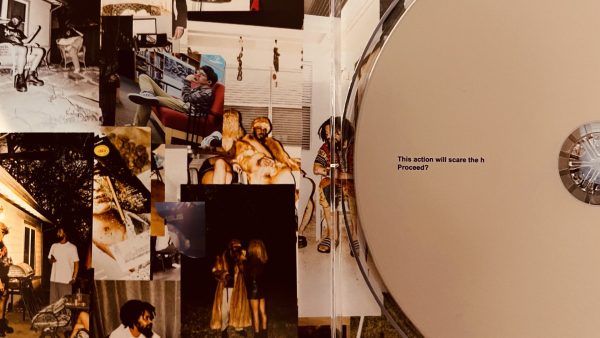Parasite: Metaphorical Masterpiece
March 3, 2020
Parasites are commonly disliked in the world, but the more you hear about this film, these parasites just might grow on you.
Bong Joon Ho’s Academy-Award winning film Parasite has captivated audiences around the world with its fan-interactive plot, stellar cast, and cinematic excellence. An uncommon feat considering the film’s humble beginnings in the outskirts of Seoul, South Korea.
Ho had lots of experience as a producer prior to Parasite, so he was definitely a seasoned veteran going into filming. The film tells the tale of two families on opposite ends of the financial spectrum. The Kim family consists of four individuals, living in a semi-basement apartment, crouching at every move and scrounging for food and money any chance they get. Whereas the Park family, a wealthy group of successful individuals, live in a three-story mansion with all-white interior and live a squeaky clean life.
The film begins with Ki-Woo, youngest son of the Kim family, being offered a job to tutor the young son of the wealthy Park family. After seeing how the other half lives, Ki-woo returns to his family to devise a manipulative plan to take over the household. Once they had discovered that the Park family provided a maid, a tutor and a driver for their children to go to school, they devised a plan to strategically kill all three of them, ultimately taking their place as workers for the rich family.
Throughout the movie, the writer makes you think as to what side to choose. Several conflicts and moments throughout the film, flip the script in your brain as to who exactly is the Parasite. The Kim family is going against all their morals and manipulating their way into wealth. Or the Park family, the wealthy egotistical family that is blind to all the problems going on with their children and who talk down on poor people.
Even for it being a fully Korean movie with no English involved other than subtitles, the movies bone-chilling soundtrack, constant fast camera pace, and unexpected twists keep viewers on the edge of their seat for the entirety of the film.
Ho’s constant metaphorical references indicate the cultural problem that goes on in Korea and Asia as a whole. It immediately provides examples when the first scene of the movie shows Ki-woo and his father waking up to the sight of a hobo urinating outside their window. A sign of struggle, poverty, and weakness. When the climax of the movie approaches, favorites are chosen and fate is decided when Ki-taek, father of the Kim family, kills Dong, father of the Park family in a huge disaster at a family gathering.
Even with the movie ultimately ending in unexpected deaths and emotional downpour, the movie shows you not only to not judge books by their cover but to open our eyes to poverty and civilized biases heavily in favor of rich families. A shocking truth, but the truth nonetheless. The movie’s immense creativity and ability to be unique in an era full of spin-offs and sitcoms definitely made it best picture worthy and a high recommendation from students here at Bullitt East.















